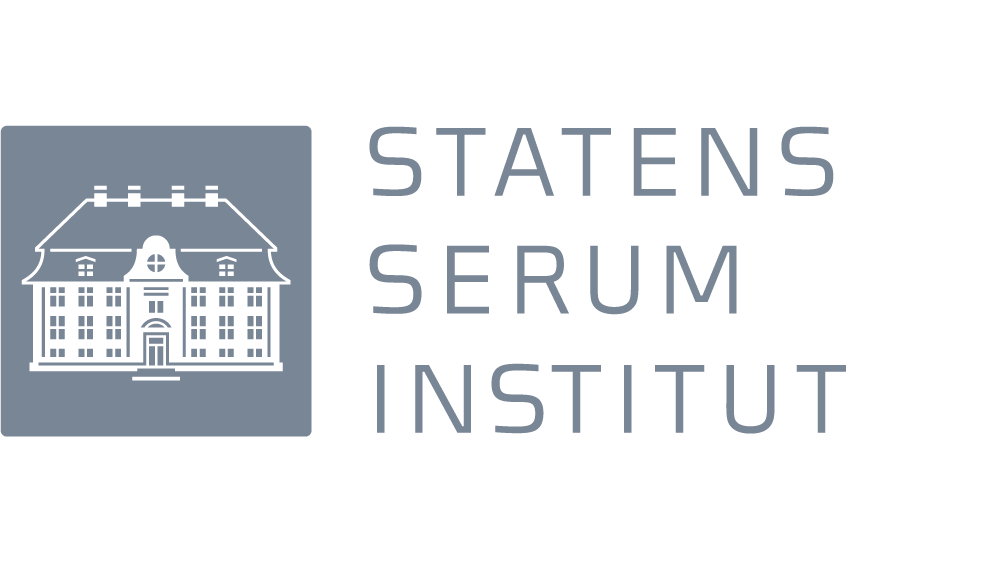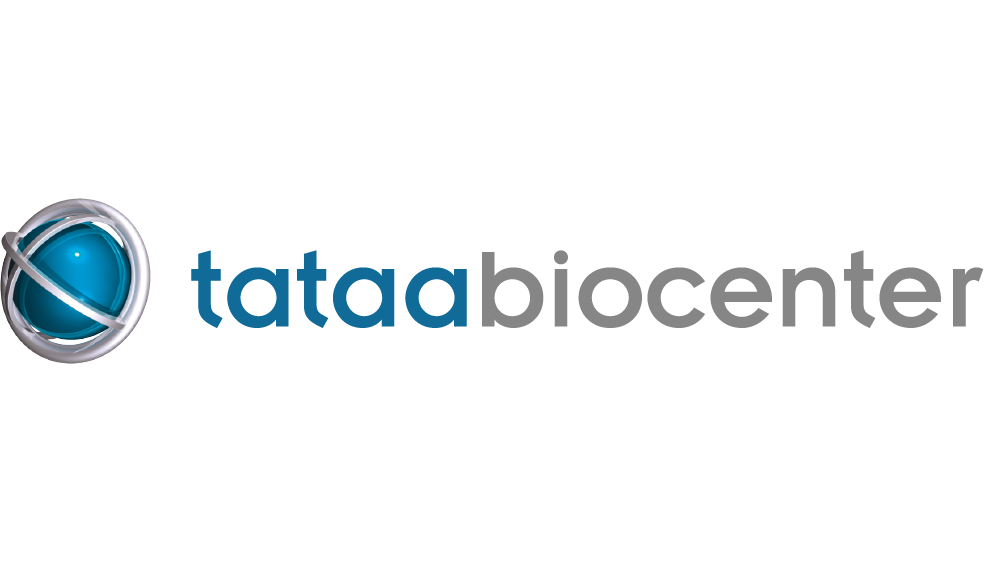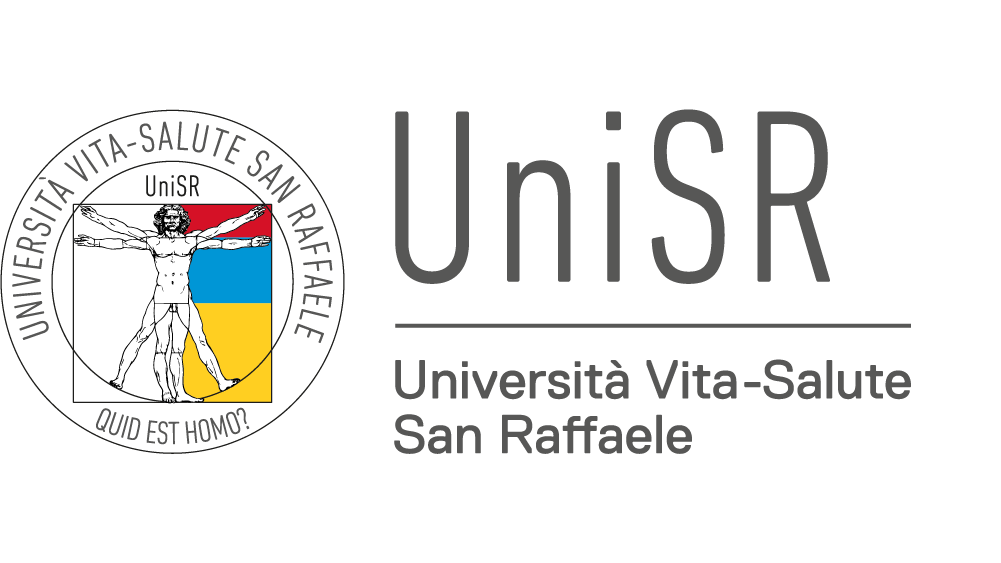CORONADX is a Horizon 2020 project which aims at delivering three swift, portable and price-competitive tools for on-site diagnosis of coronavirus to ensure fast case detection and surveillance.
Early diagnosis and reporting have a profound effect on control and prevention during outbreaks. CORONADX is setting a new paradigm for early detection of COVID-19 by providing one ‘front line’ and two ‘second line’ point-of-care (POC) diagnostic solutions, saving valuable time and easing pressure on centralized testing laboratories.
The POC diagnostics requires little instruction and can be applied in the field. Diagnosis is available in less than an hour. The solution is ideal for primary healthcare clinics in remote areas with little infrastructure.
Check the project flyer here
Objectives
- Providing sensitive, specific and rapid diagnostics kits
Development of point-of-care diagnostics is based on existing technologies. Through metagenomic analyses, CORONADX monitors spatio-temporal changes of the coronavirus genome and uses this information to adapt diagnostics solutions. This allows high test sensitivity to be maintained and molecular epidemiological analyses of the pandemic to be conducted.
- Ensuring effective patient management and public health response
The new tests will allow early and reliable diagnosis of COVID-19, without wasting time and resources on transporting samples to a central laboratory and reporting test results to clinicians.
- Estimating and quantifying the socio-economic impact of coronavirus
The project is designed to quantify the impact of the coronavirus throughout the world, providing new socio-economic insights into public behavior. It will inform policy making and best practices in public health preparedness and response to outbreaks.
Impacts
Public health preparedness to the coronavirus pandemic
- Human health: The POC detection systems will contribute to the diagnosis and clinical management of patients infected by COVID-19. They will also provide tools for surveillance and testing in the field by minimally trained people. CORONADX will thus aid in controlling and preventing outbreaks of COVID- 19 and improve the public health preparedness and response to the pandemic. Furthermore, data from field evaluations can give clearer information about the source of infection as well as the possible transmission route of the virus from animal to human. The POC systems developed under this project are generic and can be tailored to other pathogens at short notice. This provides for shorter reaction times and improved control and containment of future epidemics.
Characterisation and mapping of societal resilience
- Economic growth: The societal and economic impact of the COVID-19 pandemic will provide effective models for public health authority preparedness and population resilience on a EU-wide economic level.
Foster innovation
- Industry, innovation and infrastructure: The project will contribute to changing primary and secondary care diagnosis by the introduction of new testing (POC) in the field.
Consortium
CORONADX started in April 2020 and will run until March 2023. The project is coordinated by the Technical University of Denmark (DTU) and run by a consortium of nine partners at the forefront of detection technology research worldwide (Austria, China, Denmark, Italy and Sweden).






